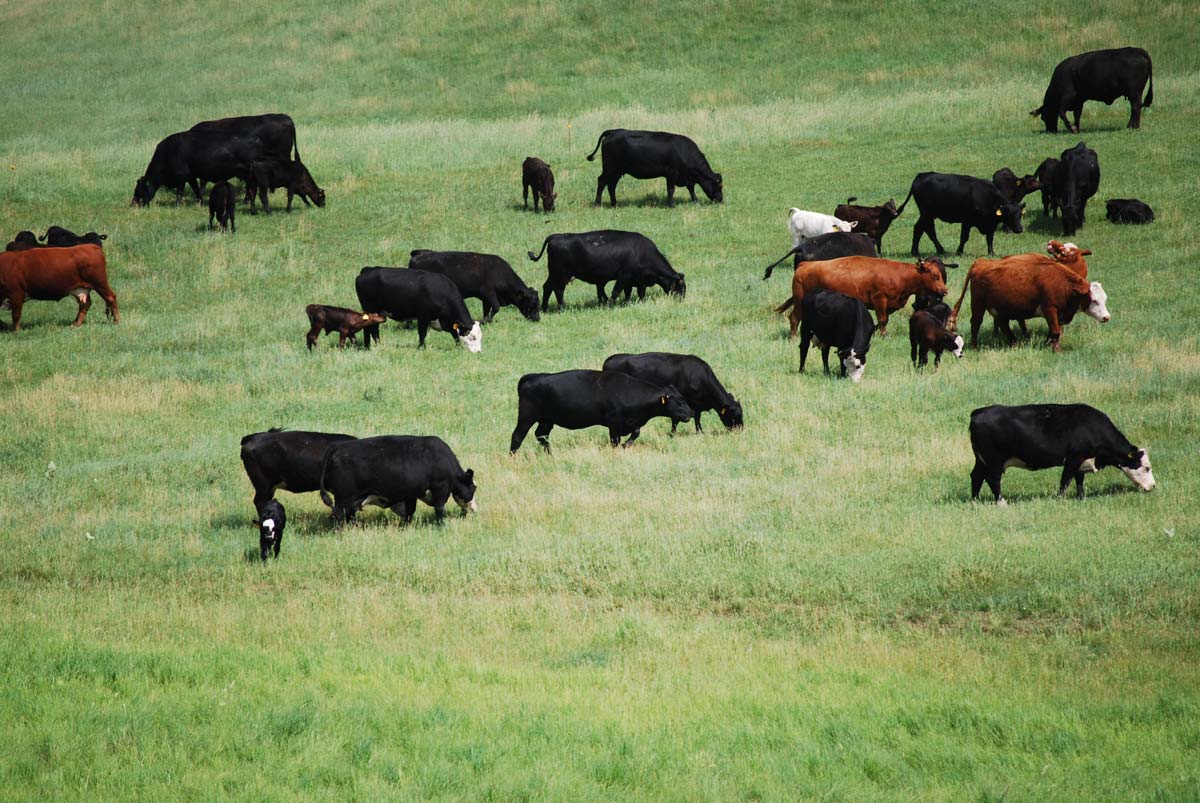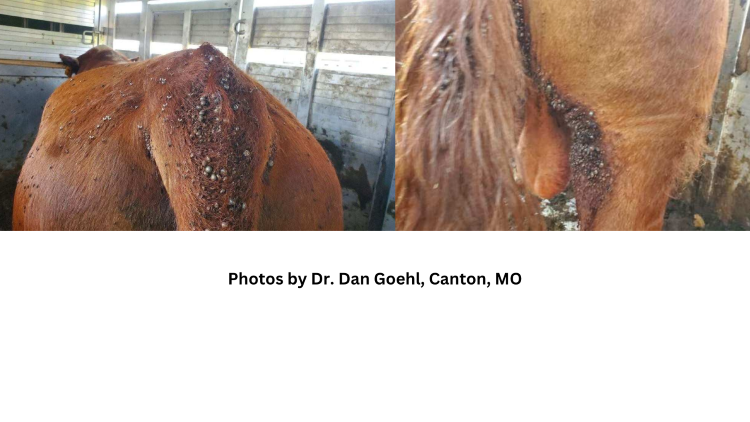
- Home
- Media Center
- News Releases
Contact: Iowa Cattlemen's Association, 515-296-2266, Contact Us.
The Iowa Department of Agriculture and Land Stewardship has confirmed a case of Theleriosis caused by Theileria orientalis Ikeda in a herd of cattle in southeast Iowa for the first time. Theileria is a protozoan parasite that infects red and white blood cells, leading to anemia and death in some cases. The parasite is carried by Asian Longhorned Ticks (ALHT), which have recently been identified in Iowa for the first time.
Although the tick will be active all summer, it is common to see a surge of infestations when cattle are first introduced into a new pasture. The availability of one of the tick’s preferred hosts generates a bloom of new ticks as females will begin to lay 1000’s of eggs. Cattle producers should closely observe cattle on pasture regularly for signs of tick infestation (especially in southern Iowa, although expect the tick to spread north this summer), particularly since many cows have been turned out to pasture recently.
Typically, cattle affected by Theileriosis will show signs of lethargy, anemia, and difficulty breathing. They may develop ventral edema, exercise intolerant, jaundice, and abortions. Although signs of Theileriosis are similar to anaplasmosis, often younger animals and calves can have more severe signs compared to mature cows and bulls. Due to anemia from both tick infestation and Theileria, death loss can be elevated.
If you suspect either Theileria or ALHT, have your veterinarian collect appropriate samples and submit them to the ISU Veterinary Diagnostic Lab.
Cattle producers should be aggressive with external parasite control this summer. Insecticide ear tags alone are not enough to control ticks. Consider adding a backrubber or regularly applying a pour-on during the summer. There are some pyrethroid-based products that have a tick control label. If you see an increase in tick infestations, an avermectin pour-on may be the best intervention.
Although Theileria and ALHT can be detrimental to cattle and other ungulates, there is no health risk for humans.
For more information, visit: https://iowaagriculture.gov/sites/default/files/Animal%20Health%20Updates%20Memo%206.13.2025_0.pdf
